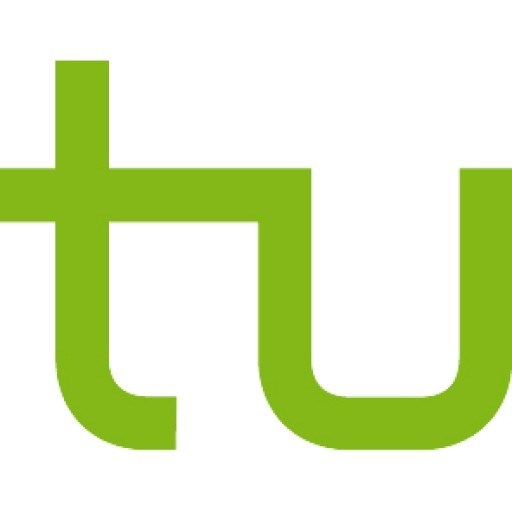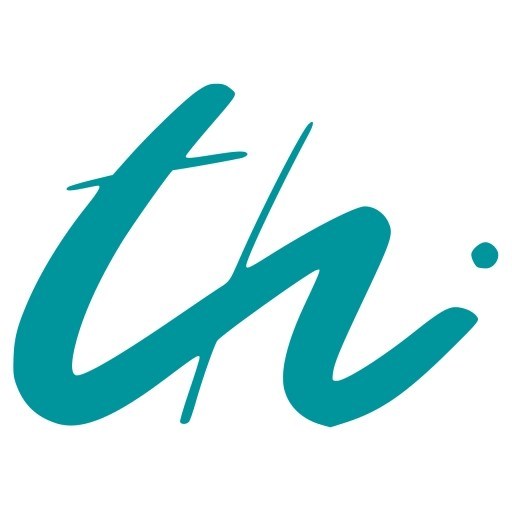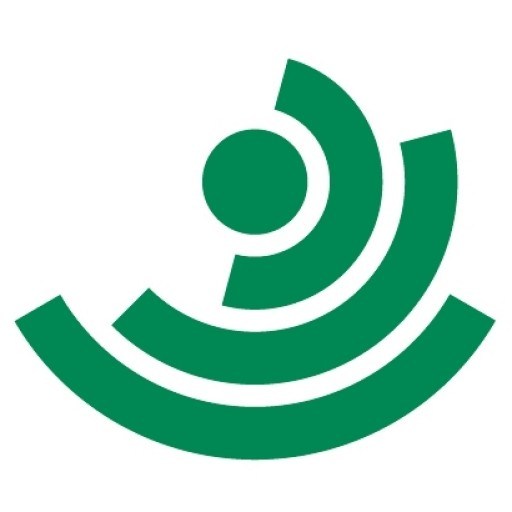The Master's programme in geospatial technologies is aimed at holders of Bachelor's degrees in application areas of geographic information such as environmental sciences, geosciences, regional planning, computer science.
Geospatial technologies are an innovative professional area that bridges the gap between informatics and geosciences. Graduates of the international Master's programme apply and develop methods for computer-supported solutions for spatially related problems (global, regional, local). Therefore, graduates receive the following specialised knowledge in:
Geospatial technologies are an innovative professional area that bridges the gap between informatics and geosciences. Graduates of the international Master's programme apply and develop methods for computer-supported solutions for spatially related problems (global, regional, local). Therefore, graduates receive the following specialised knowledge in:
- Geospatial technologies and geographic information
- Informatics and mathematics
Educational organisation
The programme consists of three semesters (90 ECTS credit points), including two semesters of courses (30 ECTS credit points each) and the Master's thesis in the third semester (30 ECTS credit points).The Master's programme will be held with up to 32 students. Half of them attend their first semester at the University Jaume I (UJI), half at the New University of Lisbon (UNL). UJI and UNL offer courses with a different focus in order to address the different backgrounds and requirements of the incoming students. Both partners offer basic modules in geographic information (GI), although with different intensity. The programme at UJI stresses the computing aspects of GI, such as computer graphics and web services, whereas the programme at UNL is more oriented towards the processing and modelling aspects of geographic information, including topics such as remote sensing and geospatial data mining. As for the other modules, UJI is more informatics-oriented (informatics, mathematics and new technologies modules). UNL provides modules in mathematics, statistics and data modelling. UNL offers different paths within its modules through alternative courses so, for example, a student with a background in social sciences, such as geography, and little previous know-how in informatics should choose descriptive statistics and data analysis, whereas a more informatics-related student should choose mathematic statistics and data mining.
For the second semester, all students attend the courses at the University of Münster (WWU). The first module conveys fundamentals in GI science. The second module, Advanced Topics in GI Science, delivers knowledge on ongoing research and research projects, thus preparing the students for their own research in the Master's thesis. Optional courses on this module can be replaced by an annual summer school conducted at WWU, UJI, or UNL, or by work in ongoing research projects in one of the partners' research groups. The third module covers additional core competencies, which students will need for their Master's thesis as well as for their future professional careers: research methods in GI science and project management in GI projects.
In the third semester (Master's thesis), students can choose one of the three universities, wherein the applicants will be distributed equally to the three partners. If a student has not attended courses at one of the three partner universities, one of the supervisors or co-supervisors has to be from that university. With the Master's thesis, the candidate shows that they are capable of independently handling a defined scientific problem within a defined schedule, and in a way that is ready to publish. Typically, the Master's thesis will be integrated into an ongoing research project at one of the partner universities.
A joint degree is provided by the University of Münster, Universidade Nova de Lisboa, Portugal, and Universitat Jaume I, Castellon, Spain.
Study abroad unit(s)
Students enrol for their first semester (= 30 credit points) either at the New University of Lisbon or at the University Jaume I (50-50). The two universities' first-semester curricula offer different focuses in order to address the different backgrounds and interests of the applying students.For the second semester (= 30 credit points), all students will attend the GI courses at the University of Münster.
For the Master's thesis (third semester, 30 credit points), students can choose one of the three universities. A roughly equal number of students will be taught at each institution.
Internships
Not applicableForms of assessment
Common forms of assessments, e.g., written and oral exams, reports, presentationsCourse objectives
Geographic information is interdisciplinary per se. GI is used in many application areas, e.g., regional planning, ecological planning, marketing and transport, and has further links to disciplines such as computer science, cognitive science, philosophy and philology. Students on the international Master's programme will come from very different fields. They will, however, all use and apply GI in their respective domains. Based on the conveyance of knowledge and problem solving in geospatial technologies in the two-semester course phase, they will apply this approach within their Master's theses.The Master of Science in Geospatial Technologies qualifies the student for a professional career in the following domains:
- Private sector: GI applications and consulting in the domains of regional planning, landscape planning, financial services industry, energy providing industry, transport, agriculture and forestry, and retailing/marketing.
- Research: applied sciences at universities and other research institutions
- Public sector: GI applications and consulting in local and regional administrations, especially in cadastre and different types of planning (e.g., regional, traffic, ecology).
Language requirements
English (TOEFL 500 paper-based or equivalent)Academic requirements
Bachelor's degree in an application area of geoinformaticsEnrolment fees
Social semester fee of 240 EUR per semester, including a semester ticket covering public transport for the greater Münster area and the German federal state of North Rhine-WestphaliaCosts of living
Approx. 700 EUR per month to cover accommodation, insurance, and personal expensesFunding opportunities within the university
The study programme is currently funded by Erasmus Mundus/Erasmus+. For the following editions, starting in 2017, the consortium applied for follow-up funding, however this will not be decided before summer 2016.http://mastergeotech.info/









